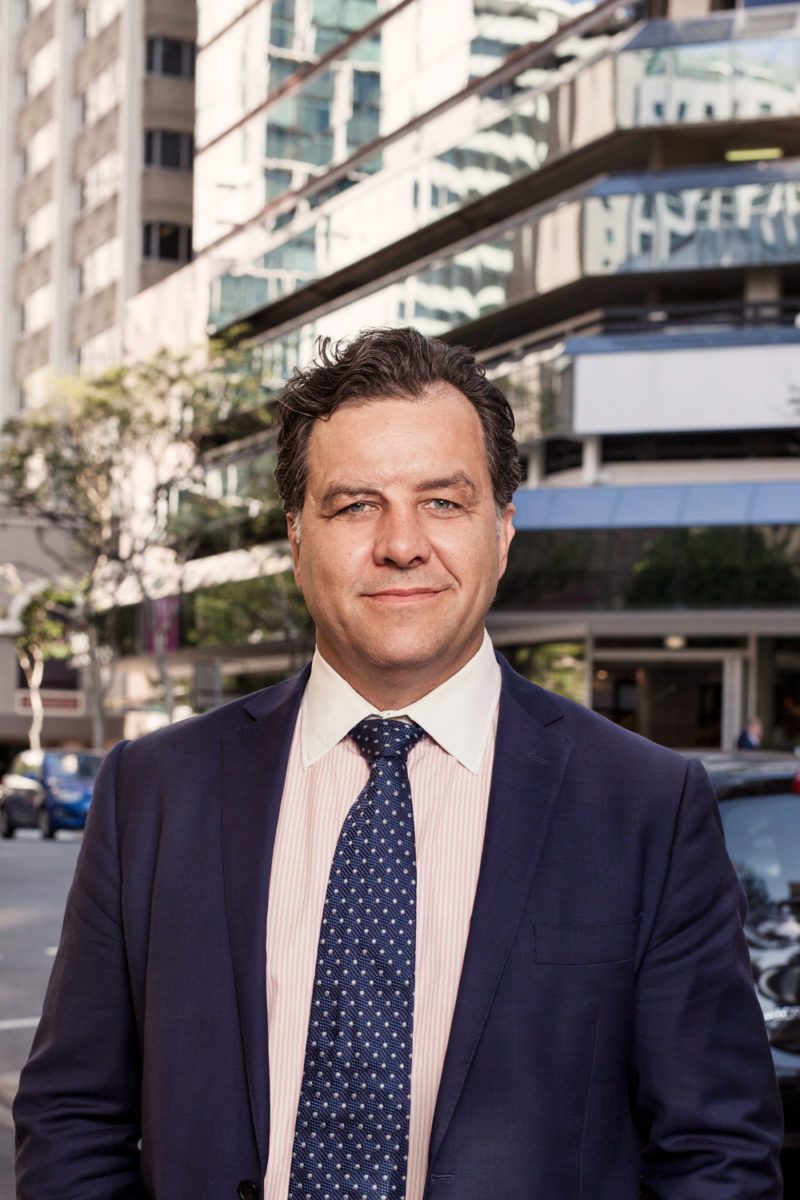015 – Brendan Cannon – Much more than a former Wallaby
Wallaby, TV rugby analyst, Corporate guy

Brendan Cannon is a former Wallaby. He spent time working as a TV rugby analyst and is now well into a corporate career.
And to add to all of that, Brendan is a man who was born to be interviewed.
With a great voice for radio, Brendan indulged my fascination with the inner working of life as a professional sportsman. He drew on his 10 years as a fulltime rugby player, reflecting on the lessons he learned about himself and life, leaders and team dynamics. He talked about his near death experience as a 19 year old, how it changed his approach to life and how he feels driving over the Storey Bridge.
If you’re a rugby fan, or even just a fan of sports in general, this episode will fascinate you.
If you have no interest in sport, you’ll love it too. Brendan is a high achiever who has a gift for extracting the lessons of life, rationalising them and putting them into new contexts. He gives wonderful insight into leading and being part of a healthy team environment.
There’s something for everyone in this episode of the Team Guru Podcast…enjoy!
Lessons Learned
Here’s what I took from the episode:
Rugby
Brendan fell in love with the team aspect of playing rugby. And it was that passion, he says, that propelled him to be good at it and to get recognised as a player with ability.
He played for the Queensland Reds as a 20 year old and sees that in hindsight he wasn’t ready. He entered a team littered with stars of the game and felt out of place. But playing that level above, and watching experienced players prepare, fast-tracked his development.
Brendan acknowledges the importance of the people in his life who believed in him. They gave him the confidence to believe he could achieve his rugby goals and helped him to make the most of the opportunities that arrived.
Brendan started his high level playing career in the days of amateurism. He watched it progress to quasi-professionalism and finally through to the full-blown, high-paid modern professional era. He thinks that because he saw the development of professionalism through his career, he approached it with a different set of values than the players who entered later. Early in his career he’d seen famous players and coaches hold down jobs around their rugby commitments.
At the back end of his career, in the era of fulltime professional players, he lamented the values he’d been exposed to early in his career during the amateur days. He felt that professionalism had gone too far – there was a lack of life balance for the players.
When Brendan moved from Queensland to New South Wales in 2000, at the beginning of the professional era, it was still a touchy subject to move state – much more so than it is today. He made the move for purely professional reasons. He was playing mostly off the bench in Qld and moved to NSW for the chance to start. He won the starting spot and his career accelerated quickly. He started in 72 consecutive games in Super Rugby, won a Sydney club premiership and was selected for the Wallabies. All of Brendan’s rugby dreams game true in Sydney.
In his battle with Jeremy Paul, to win the starting position at Hooker for Australia, Brendan was challenged by Eddie Jones to not try and match Jeremy’s skill set, but to be the best at his own unique set of skills.
Life
As a 19 year old, Brendan had a very serious car accident – in which he nearly died – that taught him some very powerful lessons about life. It helped him to put rugby in perspective – it went from the thing that defined him to serving merely as an outlet in his life.
After the accident Brendan went to see the fire and ambulance crews who’d helped save his life. He wanted to hear from them about how it all transpired. For the crew, it was good closure professionally because their job is to help people in an emergency situation – they see the worst – and then often never hear from them again once the ambulance takes them away.
It taught Brendan not to take for granted the work that anyone does. Even though the often enjoy it and choose to do it, everyone needs a little bit of recognition.
During his playing career, as he watched his mates embark on corporate careers, Brendan developed insecurities about what he was going to do when he stopped playing. He knew that football wouldn’t last forever and he knew he was falling behind those who’d already entered the corporate world.
While playing, Brendan sought work experience and finished his degree in order to give him some peace of mind – options for his post playing days.
Brendan noticed that when he finished playing and embarked on a corporate career, people had already formed an opinion of him, entirely based on who he was as a players and what they heard him say in post-match interviews. The player he was an the person he is are completely different.
People wanted to talk about who he used to be but he wanted to talk about who he wanted to become. He found that difficult at first, but then realised that who he used to be mattered to people and learned that he could leverage that in conversations – entertain it at first and then move conversations or relationships forward.
When he retired from rugby Brendan was offered a job as a coach with the Western Force. Although tempting, he knocked it back because it would have been too safe, too comfortable. He wanted to challenge himself in a different way.
When asked about being a recognised figure Brendan gets shy and uncomfortable – but he did share the philosophies he developed during his career. He tried to treat everyone who approached him with respect – he treated them the way he’d like to be treated in the same situation.
Team
Since finishing his playing career, Brendan has harboured a desire to find himself in a corporate team that matched the experiences of being in a team he’d had in rugby. But he’s had to come to terms with the fact that in the corporate world, ‘team’ is more often a label and corporates don’t truly understand what it means to be part of a collaborative team.
He’s given up searching for that in his post-playing career. He’s settled on finding work experiences that invigorate and challenge him.
During his rugby career he learned that to be in a high performing team environment you don’t have to be best friends – but you do have to respect the contribution of everyone in the team and feel glad they’re there to make that contribution.
Brendan feels that corporate teams should celebrate victories more – making budget, winning a proposal etc…it’s an enormously valuable and satisfying part of being part of a team.
Healthy teams have learned to make adjustments for each other – to give each other the opportunity to execute on their skills without letting personalities get in the way of team contributions.
Brendan believes that changing culture – like the one of openness and honesty about performance introduced by Ewen McKenzie – is the key to a healthy team.
A healthy culture produces wins. Wins in a poor culture can paper over the cracks.
Leadership
Coaches are effectively the CEO and HR manager of a team.
Brendan says that as a player your career rises and falls on the strength of the relationship you have with your coach.
He played under a number of coaches in his career:
John Connolly (knuckles) – you don’t get the nickname knuckles for being a soft man. And while he was a great supporter of Brendan early in his career, Brendan was not immune from Knuckles’ mind games. He was known for never letting his players feel comfortable with their position in the side. He’d tell them they were close to making the team or close to being dropped – and he’d be saying that to everyone else too. He didn’t want players to be complacent. He tried to motivate and manipulate his players to get the best out of them.
Ian Kennedy – Coached Brendan at Australian under 21 level and was the coach who lured him to NSW. At NSW Brendan became a starting player and played every Super Rugby game for 5 straight years (72 consecutive games).
Bob Dwyer – Not a very structured coach but brought a tremendous amount of passion to the game – it was infectious. His fundamental philosophy in rugby was ‘have a go.’
Ewen Mckenzie – During Brendan’s time at the Waratahs Ewen was an emerging coach – he didn’t have the confidence in his capability that he brought later to his stint with Queensland. Ewen came to the Waratahs job after being Eddie Jones’ assistant with the Wallabies. In that environment Ewen was challenged ferociously by Eddie and he questioned his own ability as a coach.
Although he had his ‘L plates on’ – Ewen Mckenzie brought a culture of honesty and performance to the Waratahs through a process of peer review.
Eddie Jones – Everyone was fearful of Eddie Jones. As a player, Brendan was fearful of making a mistake, of doing something outside the structure – even at training – for fear of Eddie’s wrath. But Eddie also challenged Brendan in ways he’d never been challenged as a player before.
Eddie Jones tended to treat all the players the same – he didn’t make allowances for differences in character.
Share this:





